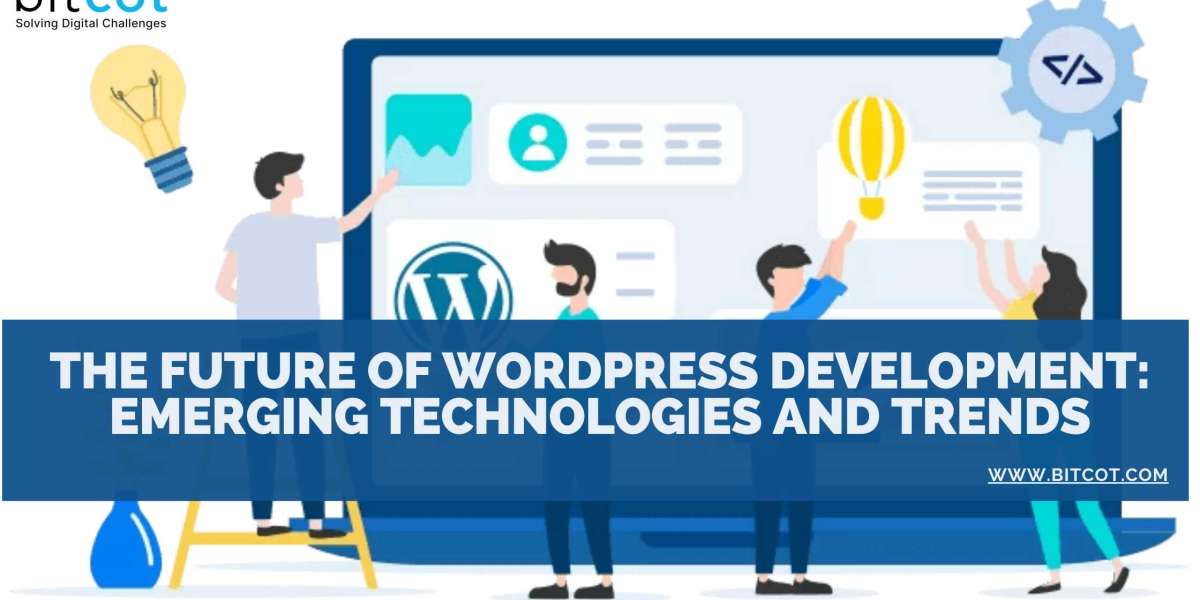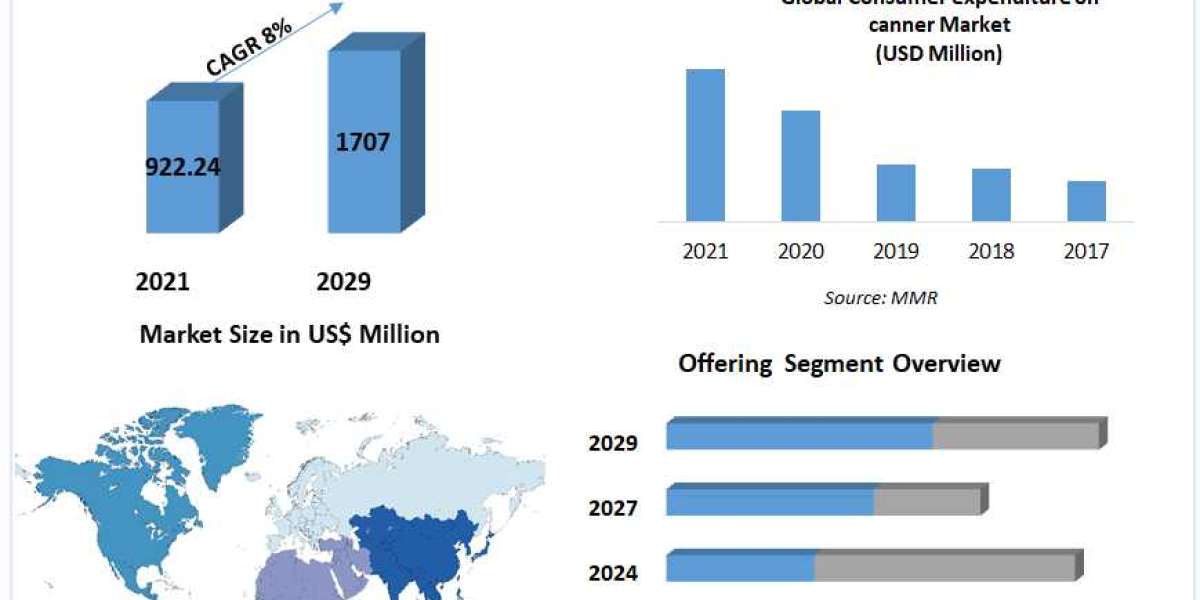WordPress, powering over 40% of the web, continues to evolve with emerging technologies and trends that shape the future of web development. As developers and businesses look ahead, understanding these advancements is crucial for staying competitive and delivering innovative solutions. In this blog, we explore the key emerging technologies and trends shaping the future of WordPress development.
- Headless WordPress
Overview:
Headless WordPress decouples the backend (WordPress CMS) from the frontend presentation layer. This approach allows developers to use WordPress as a content management system while leveraging modern front-end technologies like React, Vue.js, or Angular for building the front end.
Benefits:
- Flexibility: Developers can create highly customized and interactive user interfaces.
- Performance: Separating concerns improves site performance and speed.
- Scalability: Easier integration with other systems and platforms.
Use Cases:
Ideal for websites requiring dynamic, interactive content or where speed and performance are critical, such as e-commerce platforms and media-rich sites.
- Artificial Intelligence (AI) and Machine Learning
Overview:
AI and machine learning are increasingly integrated into WordPress through plugins and custom development. These technologies automate tasks, personalize user experiences, and provide valuable insights through data analysis.
Benefits:
- Personalization: AI-driven content recommendations and personalized user experiences.
- Automation: Automated content generation, customer support bots, and data analytics.
- Predictive Analysis: Predicting user behavior and optimizing content delivery.
Use Cases:
AI-powered chatbots for customer support, content generation based on user preferences, and predictive analytics for e-commerce recommendations.
- Voice Search Optimization
Overview:
With the rise of smart speakers and voice assistants, optimizing WordPress sites for voice search is becoming essential. Voice search optimization involves using natural language processing (NLP) and adapting content to match conversational queries.
Benefits:
- Improved Accessibility: Enhances accessibility for users with disabilities.
- SEO Advantage: Voice search optimization can improve search engine rankings.
- User Experience: Provides a hands-free, intuitive user experience.
Use Cases:
Websites focusing on local businesses, news sites, and content that answers specific queries (FAQs, tutorials).
- Progressive Web Apps (PWAs)
Overview:
PWAs combine the best features of web and mobile apps, offering fast, reliable, and engaging experiences. They work offline, load quickly, and can be installed directly from the browser, bypassing app stores.
Benefits:
- Fast Loading: Instant loading and navigation even on slow networks.
- Engagement: Increased user engagement with features like push notifications.
- Cross-Platform Compatibility: Works seamlessly across devices and platforms.
Use Cases:
E-commerce platforms, news sites, and any site aiming to improve user engagement and retention.
- Blockchain and Cryptocurrency Integration
Overview:
Blockchain technology is finding its way into WordPress through plugins and integrations, enabling secure transactions, decentralized content publishing, and enhanced digital ownership.
Benefits:
- Security: Enhanced security through decentralized data storage and authentication.
- Transparency: Immutable records and transparency in transactions.
- Monetization: Accepting cryptocurrency payments and tokenized assets.
Use Cases:
Membership sites, content monetization through tokenization, and decentralized publishing platforms.
- Augmented Reality (AR) and Virtual Reality (VR)
Overview:
AR and VR technologies are transforming user experiences by creating immersive and interactive content. WordPress developers can integrate AR/VR experiences using plugins and custom development.
Benefits:
- Immersive Experiences: Engaging users with interactive 3D content.
- Visualization: Showcasing products in virtual environments for e-commerce.
- Education and Training: VR simulations for training and educational purposes.
Use Cases:
Real estate websites for virtual property tours, e-commerce for virtual product try-ons, and educational platforms.
- GDPR Compliance and Data Privacy
Overview:
With stricter data privacy regulations globally, GDPR compliance and data protection are critical for WordPress sites. Plugins and development practices ensure user data is handled securely and transparently.
Benefits:
- Trust: Builds trust with users by ensuring their data is protected.
- Compliance: Avoids legal penalties and ensures adherence to regulations.
- Global Reach: Enables sites to operate internationally while respecting local privacy laws.
Use Cases:
Any website handling user data, including e-commerce, membership sites, and blogs with user registrations.
Conclusion
The future of WordPress development is marked by innovation and adaptation to emerging technologies. From headless architectures and AI-driven personalization to voice search optimization and blockchain integration, WordPress developers have a vast array of tools and technologies to enhance user experiences and meet evolving demands. Staying informed about these trends and implementing them strategically can empower developers to create robust, scalable, and future-proof WordPress solutions that lead the way in the digital landscape. Embrace these technologies thoughtfully to drive innovation and ensure your WordPress sites remain competitive and relevant in the years to come.
Also Read: Custom WordPress Website Development in 2024: A Guide for Businesses








